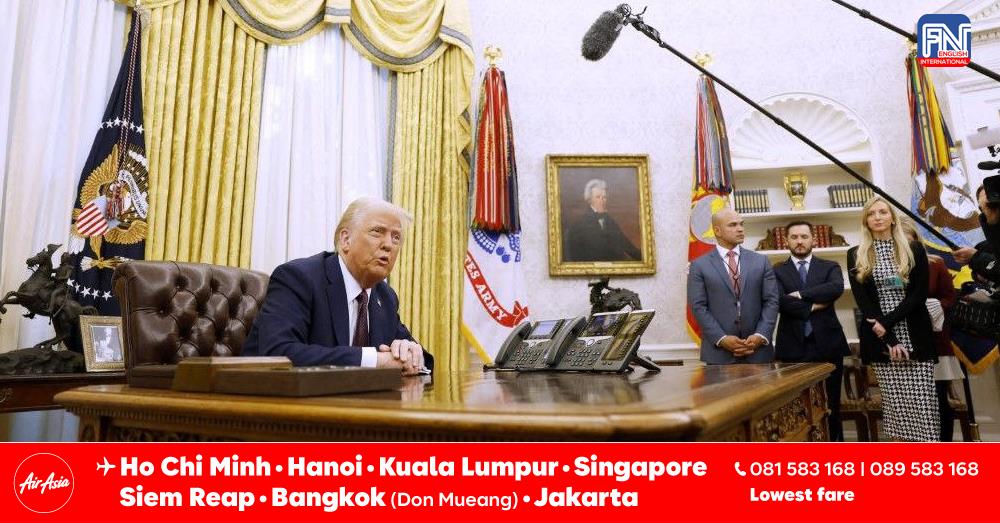Phnom Penh (FN), Feb. 6 – The recent 90-day suspension of U.S. foreign aid under President Trump’s Executive Order 14169 is sending shockwaves across Cambodia. While intended to reassess the efficiency of American aid, the immediate consequences are severe—halting demining operations, weakening civil society, and disrupting crucial development projects. This decision not only undermines US soft power in Cambodia but also hands China a strategic advantage on a silver platter.
Cambodia, a country still recovering from its war-torn past, has relied heavily on US support for demining operations. The sudden freeze has put approximately 1,000 deminers out of work, slowing down the country’s ambition to be landmine-free by 2025. These explosives continue to claim lives, and without sustained funding, rural communities will remain at risk.
Beyond demining, the aid freeze has also affected programs supporting education, public health, and economic development. Many local organizations, which operate on USAID funding, have been forced to scale back their services, leaving vulnerable populations without essential resources.
USAID has been instrumental in supporting independent media and civil society organizations in Cambodia. These groups play a critical role in advocating for transparency, accountability, and human rights. With funding abruptly cut off, many have been forced to downsize or shut down altogether. This weakens Cambodia’s fragile democratic space and limits the ability of citizens to voice concerns about governance and corruption.
Meanwhile, the Cambodian government remains largely unfazed. Official statements suggest that while US aid has been useful, the country will find alternative sources of support. And in today’s geopolitical landscape, that means turning further toward China.
For years, China has been expanding its influence in Cambodia through massive infrastructure investments, including roads, bridges, and special economic zones. Unlike US aid, Chinese assistance comes with fewer political conditions. With USAID now frozen, Cambodia has even less incentive to engage with Washington and will likely deepen its economic and political ties with Beijing.
This shift is not just about economics—it’s about strategic alignment. The US has long used aid as a tool to maintain influence in Cambodia and the broader ASEAN region. By pulling back, it is allowing China to dominate even further, both in economic and political spheres.
The suspension of US aid is a short-sighted move that weakens Washington’s credibility in the region. It signals to Cambodia—and other ASEAN nations—that American commitment is unreliable. While the aid review is temporary, the damage to US influence may be permanent.
If the US wants to remain a relevant player in Southeast Asia, it must rethink its strategy. Foreign aid should not be treated as a transactional tool that can be switched on and off at will. Instead, it should be seen as an investment in long-term relationships, countering growing Chinese dominance, and ensuring that the region remains balanced. As the US re-evaluates its foreign aid policies, one thing is clear: by retreating, Washington is not saving money or strengthening its position—it is simply making way for Beijing.
SAR Vichana is a researcher at Royal Academy of Cambodia.
=FRESH NEWS





